Haiti gang violence displaced more than 300,000 children this year, UN says
Many children, some of whom are forced to join gangs, are living in makeshift shelters and lack access to food, health care, clean water and sanitation, the agency says.

A woman covers her face as part of an exercise during a class for adults on how to help children overcome trauma and fear amid violence, Port-au-Prince, Haiti, Sunday, May 5, 2024. Photo: © Ramon Espinosa, AP
More than 300,000 children are displaced in Haiti since gangs forced out Prime Minister Ariel Henry and took over the capital Port-au-Prince earlier this year, UNICEF says. Many children, some of whom are forced to join gangs, are living in makeshift shelters and lack access to food, health care, clean water and sanitation, the agency says.
Gang violence in Haiti has displaced more than 300,000 children since March, the U.N. children's agency said Tuesday as the Caribbean country struggles to curb killings and kidnappings.
Children are more than half of the nearly 580,000 people who have become homeless in the last four months. The spike in violence began in late February after a series of coordinated attacks on key government infrastructure eventually led Prime Minister Ariel Henry to resign in April.
“The humanitarian catastrophe unfolding before our eyes is taking a devastating toll on children,” Catherine Russell, UNICEF's executive director, said in a statement. “Displaced children are in desperate need of a safe and protective environment, and increased support and funding from the international community.”
Gangs now control at least 80% of the capital Port-au-Prince and the key roads leading in and out of it, with more than 2,500 people killed or injured across the country in the first three months of the year, according to the U.N.
Many children are living in makeshift shelters, including schools that are in poor hygienic conditions, placing them at risk of disease. School closures are also leading to a higher dropout rate.
The agency said children in Haiti are being forced to join violent gangs to survive as they often lack access to food, health care, clean water and sanitation. Displaced children and teenagers in Haiti also face a higher risk of sexual assault, exploitation, abuse and family separation, according to UNICEF.
The announcement comes days after hundreds of Kenyans arrived in Haiti to help rescue the country from the tight hold of armed gangs. The deployment received mixed reactions after a U.N. peacekeeping mission years ago introduced cholera in the country and was tainted with sexual allegations.
On Monday, U.S. Deputy National Security Adviser Jonathan Finer met with Haitian Prime Minister Garry Conille to discuss the initial deployment of the U.N.-backed mission to Haiti. Finer reminded Conille of the United States’ strong support for accountability and oversight mechanisms as part of mission.
Haiti is also bracing for a strong hurricane season, which started earlier than usual. A tropical storm watch was in effect for Haiti’s southern coast as Hurricane Beryl moved into the Caribbean Sea.
-
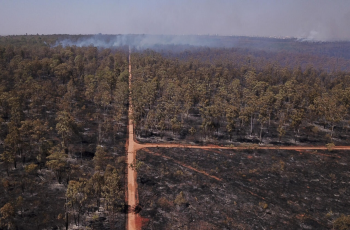
Countries could use forests to 'mask' needed emission cuts: report
2025-04-24 -
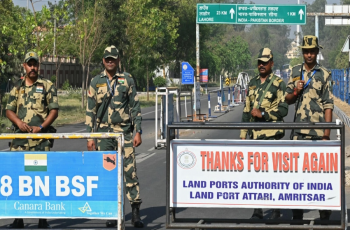
Kashmiri students say they have been threatened in India after attack
2025-04-24 -
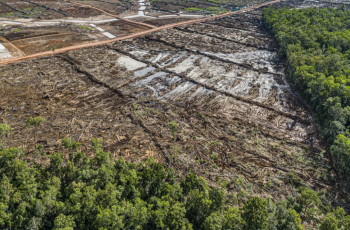
Indonesia food plan risks 'world's largest' deforestation
2025-04-22 -
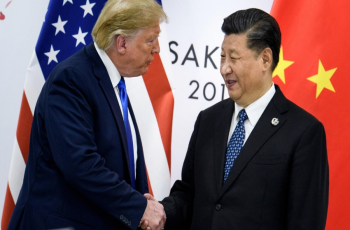
Trump tariffs torch chances of meeting with China's Xi
2025-04-22 -
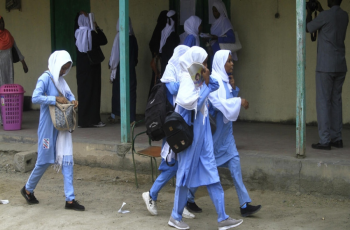
In war-torn Sudan, a school offers a second chance at education
2025-03-02 -
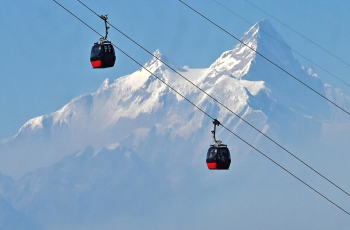
Nepal community fights to save sacred forests from cable cars
2025-02-21 -
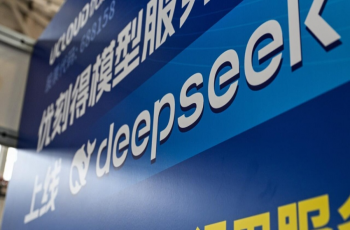
Chinese AI companies celebrate DeepSeek, shrug off global curbs
2025-02-21 -
.jpeg)
Students at South Asian University Hold Candlelight Vigil for Nepali Student, Demand Justice
2025-02-21 -
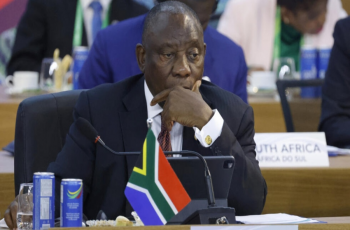
G20 foreign ministers meet in South Africa without US on board
2025-02-20 -
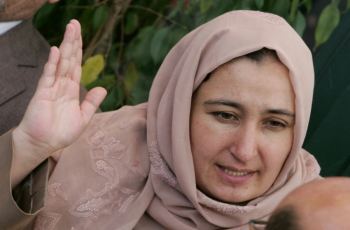
Afghanistan problem 'can be solved': former women's affairs minister
2025-02-20
